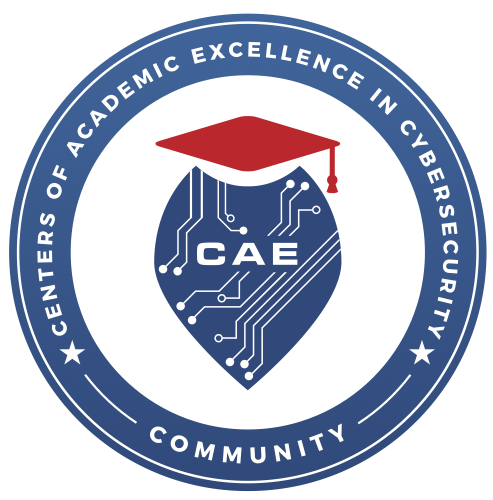Home | Advancing Technology Degrees | Business Technology
University of Advancing Technology’s Bachelor of Science in Business Technology degree focuses on entrepreneurship and product development to prepare students for management roles in high-demand technology careers. UAT’s innovative curriculum teaches students how to succeed and lead with technical, strategic, financial, analytical and managerial skills.
The Business Technology leadership major is designed to prepare students for careers in today’s technology-centric business world. Students learn a contemporary combination of business skills such as: data analysis, lean startup, Agile project management, startup financing and go-to-market strategy. Upon graduation, students are empowered to lead in high-tech environments with a technology-minded workforce or even launch their own technology startup.
Graduates of UAT’s Business Technology degree program are in high demand for their mastery of product innovation, technology startup leadership, entrepreneurship and business skills. They will have real-world experience bringing new products to market, managing cross-discipline teams and deploying project management skills.
Check out some of this semester’s Business Technology courses and gear up for fresh challenges. Unlock new skills and power up your education.
This course introduces management principles that specifically apply in contemporary technology environments, applications of management in technology organizations that include the management functions and processes of controlling, decision making, leading, motivating, organizing and communicating. This course will examine working in groups and teams, effective communication and adapting to change.
This course explores the use of finance, accounting and quantitative data for making decisions in a leadership role. Students will learn the various uses and processes to obtain this vital data for strategic decision making. The course will showcase the use and need at various levels of organizations from start-up to enterprise. Students will go through the process of producing this essential information and learn the proper ways of interpretation that will lead to actionable items.
Students will examine the role of risk in financial decision making. Various methods of corporate financing will also be discussed. The student will understand financial markets, interest rates, risk and rates of return. This course discusses the concepts of basic accounting and financial reporting and forecasting germane to a manager.
Technology organizations are unique in that they are predominantly comprised of individuals possessing deep technical skills. Specialized leadership approaches are needed within technology organizations to fully capture the potential of knowledge workers and apply their capacity. This course introduces students to technology leadership topics such as: the role of personality profiles, leading geeks, situational leadership, human development, transformational and transactional leadership, team dynamics, inference management along with accountability and performance management. Successful conceptualization, design and implementing of technology that requires planning.
Business intelligence focuses on the use of information to drive effective business actions. It is the vehicle to achieve maximum business value from both developing and mature data warehouses. This course provides a comprehensive overview of business, technical and cultural implications of business intelligence. It explores a wide range of contemporary issues, including data warehousing and data mining theory and practice, tools and techniques for delivering business intelligence, information and knowledge management, implementation and exploitation of emerging technologies, CRM, process reengineering, supply chain management and geographic information systems. The course particularly focuses on Data Mining, a computer-assisted process of evaluating enormous sets of data to find previously undiscovered patterns, draw conclusions and then make decisions based on these patterns.
This course is centered on 12 negotiation exercises that simulate competitive business situations. Specific topics covered include distributive bargaining (split the pie!), mutual gains framework, mixed motive bargaining (several issues at stake) with two and with more than two parties, auctions and fair division. Ethical dilemmas in negotiation are discussed at various times throughout the course. There are two principal objectives for this course. The first is to provide the student with negotiation tools that enable them to achieve their negotiation objectives in a fair and responsible fashion. The second is to learn by doing. That is, we provide a forum in which you actively apply these tools to a wide variety of business-oriented negotiation settings.
Educating the next wave of innovators, our faculty leverage their experiences to mentor students to lead innovations and solve challenges in advancing technology.
UAT’s Synchronic Learning model provides an education framework that prepares superior graduates to become tomorrow’s innovators. This model embodies UAT’s methodologies, curricula and community dedicated to fostering an environment of innovation that promotes demonstrated mastery and job readiness.
How does UAT prepare superior graduates? Students are required to participate in projects that solve real problems. UAT requires students to innovate and create a working proof of concept that’s never been done before. Students complete internships, community projects and apprenticeship experiences to cultivate their ability to succeed in the workplace.

Network Security curriculum certified by the US National Security Agency's Information Assurance Courseware Evaluation program
